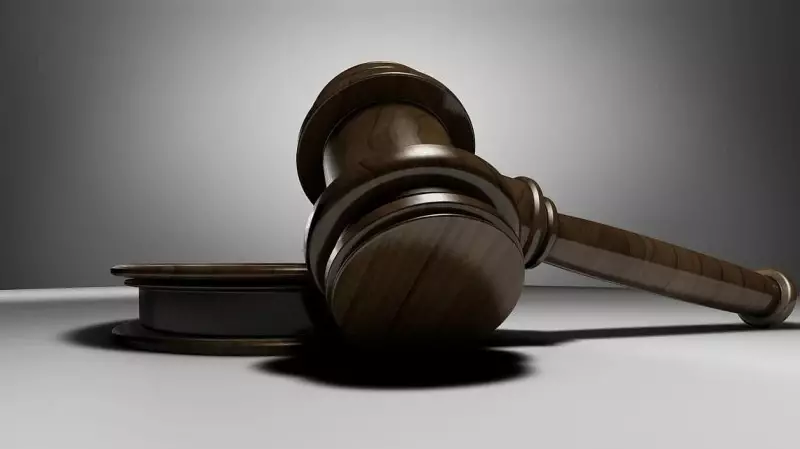
In a landmark judgment that's stirring nationwide debate, the Chhattisgarh High Court has upheld the controversial practice of villages displaying banners and hoardings that explicitly prohibit Christian pastors and recently converted Christians from entering their premises.
What the Court Ruled
The division bench, comprising Justice Goutam Bhaduri and Justice Sanjay S Agrawal, dismissed a petition challenging these restrictive banners. The court maintained that such displays don't violate constitutional provisions, dealing a significant blow to religious freedom advocates.
The Ground Reality in Tribal Villages
Across numerous villages in Chhattisgarh's tribal regions, prominently displayed boards carry clear warnings: "Entry prohibited for Christian religious gurus (pastors) and those who have converted to Christianity." These banners have become increasingly common in areas like Narayanpur, Kondagaon, and Bastar.
Legal Arguments and Counter-Arguments
The petitioners argued that these restrictions fundamentally violate:
- Right to practice and propagate religion under Article 25 of the Constitution
- Freedom of movement throughout India under Article 19(1)(d)
- Right to life and personal liberty under Article 21
However, the court found these arguments insufficient to declare the practice unconstitutional, emphasizing community rights and local self-governance.
Broader Implications
This ruling comes amid growing tensions around religious conversion activities in tribal areas. Several states have implemented or are considering anti-conversion laws, while village communities are taking matters into their own hands through such grassroots prohibitions.
What Legal Experts Say
Constitutional lawyers are divided on the judgment. Some see it as protection of indigenous cultures and traditions, while others view it as a dangerous precedent that could lead to further restrictions on religious freedom across India.
The judgment raises crucial questions about where to draw the line between community self-determination and individual constitutional rights, setting the stage for potential Supreme Court intervention.





